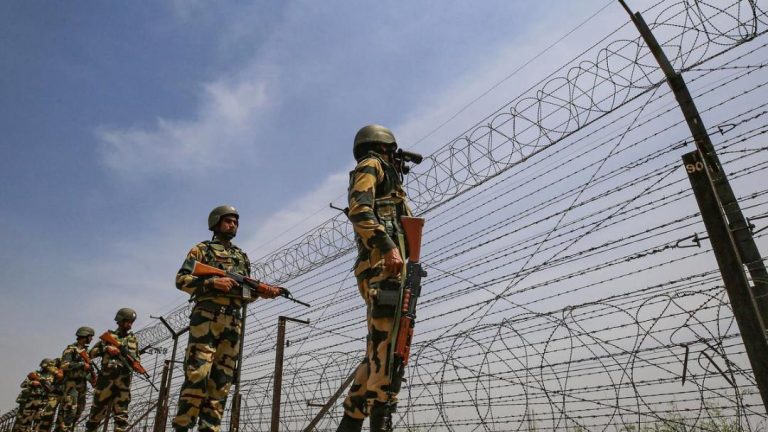
Why India’s Soybean Industry Resists Lower Import Tariffs
The soybean industry in India is facing a delicate situation amidst ongoing trade talks with the United States. While the country is one of the world’s largest consumers of soybeans, the domestic sector is reluctant to consider reducing import tariffs. Despite being a significant importer of soybeans, India’s soybean industry is fiercely protective of its interests, and for good reason.
At present, India imposes a 45% duty on soybean imports, which is a crucial factor in the country’s agricultural policies. The tariff is designed to protect local farmers, who are struggling to compete with cheaper imports. In fact, domestic soybean prices have been trailing the minimum support price (MSP) set by the government, making it difficult for farmers to make a decent profit.
The U.S. is one of India’s top soybean suppliers, accounting for a significant share of the country’s soybean imports. However, the Indian government’s stance on genetically modified (GM) crops presents a significant hurdle in reducing import tariffs. Most U.S. soybeans are genetically modified, which makes it challenging for India to import them.
India’s soybean industry is wary of the potential risks associated with GM crops. The country has been cautious in adopting GM crops, and the government has banned the cultivation of such crops in the country. This stance is rooted in concerns over the potential environmental and health impacts of GM crops.
The Indian government has been vocal about its commitment to protecting the country’s agricultural sector, including its soybean farmers. The Ministry of Agriculture and Farmers Welfare has taken several steps to support local farmers, including the introduction of schemes like the Soil Health Card Scheme and the Pradhan Mantri Kisan Samman Nidhi (PM-KISAN) scheme.
The PM-KISAN scheme, launched in 2019, provides financial assistance to small and marginal farmers to help them purchase inputs like seeds, fertilizers, and pesticides. The scheme aims to improve the financial situation of farmers and help them become more competitive in the market.
India’s soybean industry is also concerned about the potential impact of reduced import tariffs on domestic prices. If the tariffs are lowered, it could lead to an influx of cheaper imports, which could disrupt the domestic market. This could have a negative impact on local farmers, who are already struggling to compete with imports.
Another factor that is likely to influence India’s decision on import tariffs is the country’s food security concerns. India is one of the world’s largest consumers of soybeans, and the country relies heavily on imports to meet its domestic demand. Reducing import tariffs could lead to a reduction in imports, which could impact the country’s food security.
In recent years, India has been diversifying its soybean imports to reduce its dependence on the U.S. The country has been importing soybeans from countries like Brazil, Argentina, and China, which has helped to reduce its reliance on U.S. soybeans.
The Indian government has also been exploring ways to promote local soybean production. The Ministry of Agriculture and Farmers Welfare has launched several initiatives to improve soybean yields and reduce the country’s dependence on imports. These initiatives include the introduction of high-yielding soybean varieties and the promotion of conservation agriculture practices.
In conclusion, India’s soybean industry is unlikely to consider reducing import tariffs in the near future. The industry is fiercely protective of its interests, and the government is committed to supporting local farmers. While the country’s soybean imports are likely to continue, the industry is likely to maintain its current tariff structure to protect local farmers and ensure food security.
Source: https://youtu.be/mqpq34zy8Rk






